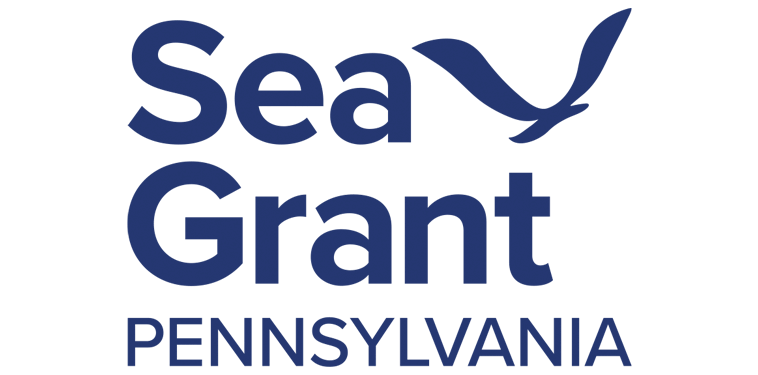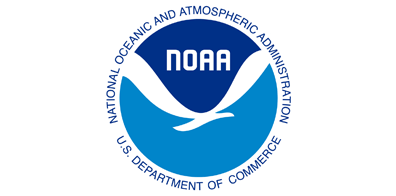Climate Feature Story
Improving Climate Adaptation in communities in Pennsylvania’s Delaware River and Lake Erie watersheds.
Communities across Pennsylvania are experiencing the challenges of climate change, extreme weather events, and shrinking natural resources. Climate resiliency refers to a community’s ability to adapt and thrive despite the threats. Pennsylvania Sea Grant works to improve resiliency by connecting partners, decision-makers, and communities to each other, and to the timely and relevant resources that can lead to informed policy decisions, supported economies, and healthy, resilient communities.
Pennsylvania Sea Grant began working with communities and partners to improve climate adaptation in Pennsylvania’s Delaware Estuary Coastal Zone and the Lake Erie Coastal Zone in 2009.
Climate Resiliency, Severe Weather, and Hazard Mitigation in Erie, Pennsylvania
An Alliance of Partners
Efforts in Erie, Pennsylvania, have included the establishment of an alliance of organizations called the Climate Resiliency Action Network of Erie, or CRANE. This network brought together interested organizations, agencies, academia, and municipalities with the common goal of building a climate-smart community through education, equitable community engagement, and the implementation of projects that build resilience to coastal hazards and extreme weather. Through CRANE and its members, Pennsylvania Sea Grant has led efforts to tie together work with coastal municipalities with the needs and concerns of underserved communities.
Water Equity and Vulnerable Communities
Extreme weather has detrimental impacts to vulnerable populations. As a part of the NOAA Water Equity Project, Pennsylvania Sea Grant compiled a background assessment on the impacts of severe weather events, which includes information on Erie’s community demographics, the influence of historic redlining on current day structure, climate vulnerabilities, and other community disparities, to inform on potential projects addressing current and future climate issues. The region was assessed on location-specific demographics, severe weather vulnerability, green space access, environmental health, and public health information to determine injustices to certain populations. This report detailed the whereabouts and experiences of socially vulnerable communities in Erie County. Sections completed include information on Erie County’s demographics, social disparities, redlining, environmental and public health issues, access to green space, and impacts of climate change and severe weather.
Pennsylvania Sea Grant will continue compiling information on Erie County’s socially vulnerable populations to ensure future climate resiliency plans are equitable. This report will be used by Sea Grant professionals responsible for choosing sites for the water equity project and implementing these projects in the community.
Hazard Mitigation Planning
Erie County planner rely on a county-based hazard mitigation plan in order to adequately plan, prepare, and respond to natural hazards. The county plan is updated every five years to reflect changing conditions and community vulnerabilities, and input from the public helps to inform and guide the plan.
In 2021, Pennsylvania Sea Grant conducted one extreme weather survey, assessed the coastal resilience and vulnerability with seven municipalities, and facilitated a planning workshop for municipal officials. The results of these outreach activities and the community input identified two areas where the county could invest time and funds to mitigate or reduce natural hazard impacts – green stormwater infrastructure and low-impact development. The survey results were shared with Erie County planners, resulting in both green stormwater infrastructure and low-impact development being added into the updated Erie County Hazard Mitigation plan.
Nineteen Erie County municipalities have formally adopted the county’s Hazard Mitigation Plan, making them eligible to receive federal FEMA funding to mitigate or reduce natural hazard impacts, which can include green stormwater infrastructure and low-impact development projects.
Chester City Green Stormwater Infrastructure Plan
Resilient Coastal Communities – Chester City
Pennsylvania Sea Grant has worked with the City of Chester since 2009 to help the community become more resilient to flooding and extreme weather hazards.
Chester is the oldest city in Pennsylvania, is situated on the Delaware River between Philadelphia and Wilmington, Delaware, and has a population of more than 34,000 people. Recent redevelopment has begun to re-energize the financially distressed city, and bring vitality back to the waterfront and surrounding communities.
Future climate impacts are expected to increase storms and extreme weather events like floods and heat waves with the potential to impact everyday life in Chester City. In order to help city officials and communities plan for these changes, Pennsylvania Sea Grant partnered with the Delaware Valley Regional Planning Commission to produce the Chester City Green Stormwater Infrastructure Plan.
The plan provides a framework for expanding the use of GSI to enhance stormwater management, reduce volume and flooding, protect water quality, and continue building a vibrant and resilient City of Chester. It is designed to assist city officials, decision-makers, community groups and residents of Chester City in better dealing with excess rainwater through the use of GSI techniques. The plan also highlights available green stormwater infrastructure (GSI) technologies, opportunities, and approaches to improve water quality, reduce combined sewer overflows, meet federal clean water requirements, decrease localized flooding, beautify the community, and enhance community and economic opportunities.
The plan also provides a blueprint for implementing GSI in Chester City, recommendations on how to start pilot projects, guidance on partnering and public outreach, and suggestions for how to track program impact.
The plan outlines steps for the City of Chester to strengthen its capacity to manage stormwater and prepare for the future. It also helps implement a goal of the Chester Climate Adaptation Planning Elements of the Vision 2020 comprehensive plan — to develop a City GSI plan. The vision of the authors and partners was to offer a framework for initial actions to expand the use of GSI to enhance stormwater management, reduce volume and flooding, protect water quality, and continue building a vibrant and resilient City of Chester.
Partners in this effort include the City of Chester, Delaware Valley Regional Planning Commission, Delaware County Planning Department, and Pennsylvania Sea Grant. Major funding provided by the National Fish and Wildlife Federation and partial funding provided by NOAA National Sea Grant College Program.
Request a copy of the Chester City Green Stormwater Infrastructure Plan.
Request Resource



